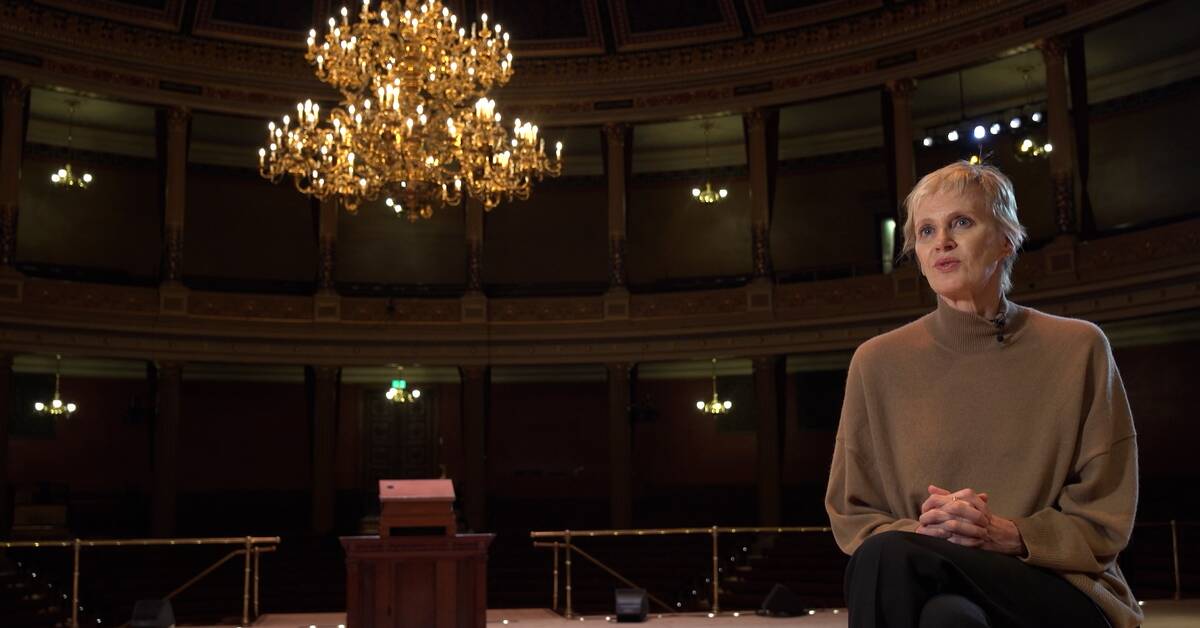Siri Hustvedt, known for novels such as "What I Loved" and "The Summer Without Men", spoke earlier in the fall on behalf of the worldwide writers' organization PEN after her friend, the writer Salman Rushdie, was stabbed on stage in the United States.
So this week she visited Sweden to talk about the state of freedom of expression.
She believes that it is important to understand the reasons for the increased intolerance that prevails in the debate climate today, not least on social media.
She believes that it is partly due to the fact that the world's population has been frightened in the wake of the pandemic and that fear has led to a hunt for scapegoats.
- We all have demons within us, figuratively speaking, like discomfort and fear.
Finding scapegoats is a way to exorcise the demons and take them out on others.
It is usually a group and not directed at individuals.
"They" did it.
It is "their" fault.
That's how the scapegoat mechanism works.
Concern for Europe
Siri Hustvedt is concerned that several European countries will go in the same authoritarian direction as, for example, Hungary, where free speech is suppressed.
In a report from the Swedish Foreign Ministry in 2020, the situation is described as worrying, as the Hungarian government exercises extensive control over the public service.
Even civil society organizations that work for equality and the rights of LGBTQ people have found it more difficult to operate in the country.
- Those of us who think it is important to keep pluralism alive must do everything in our power to promote it.
Because otherwise it will disappear, says Siri Hustvedt.
See more in the clip.

